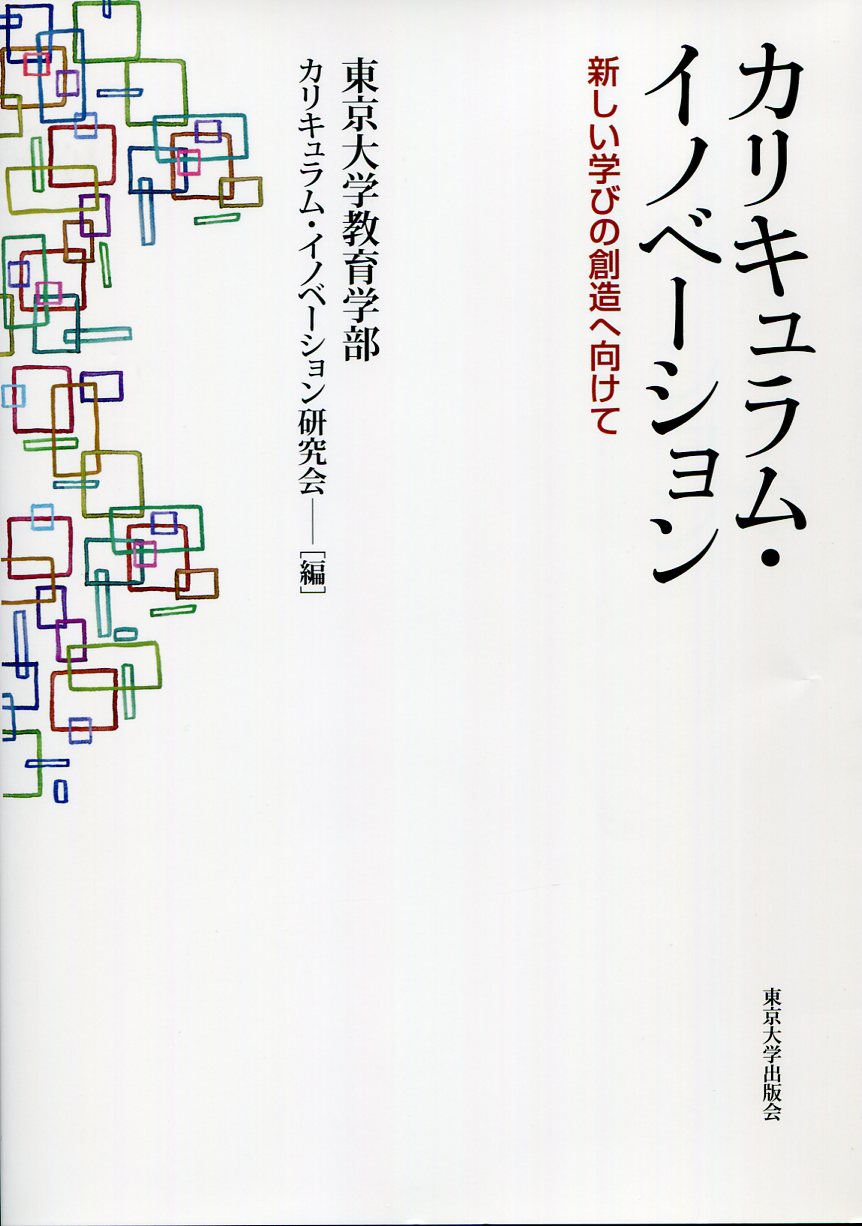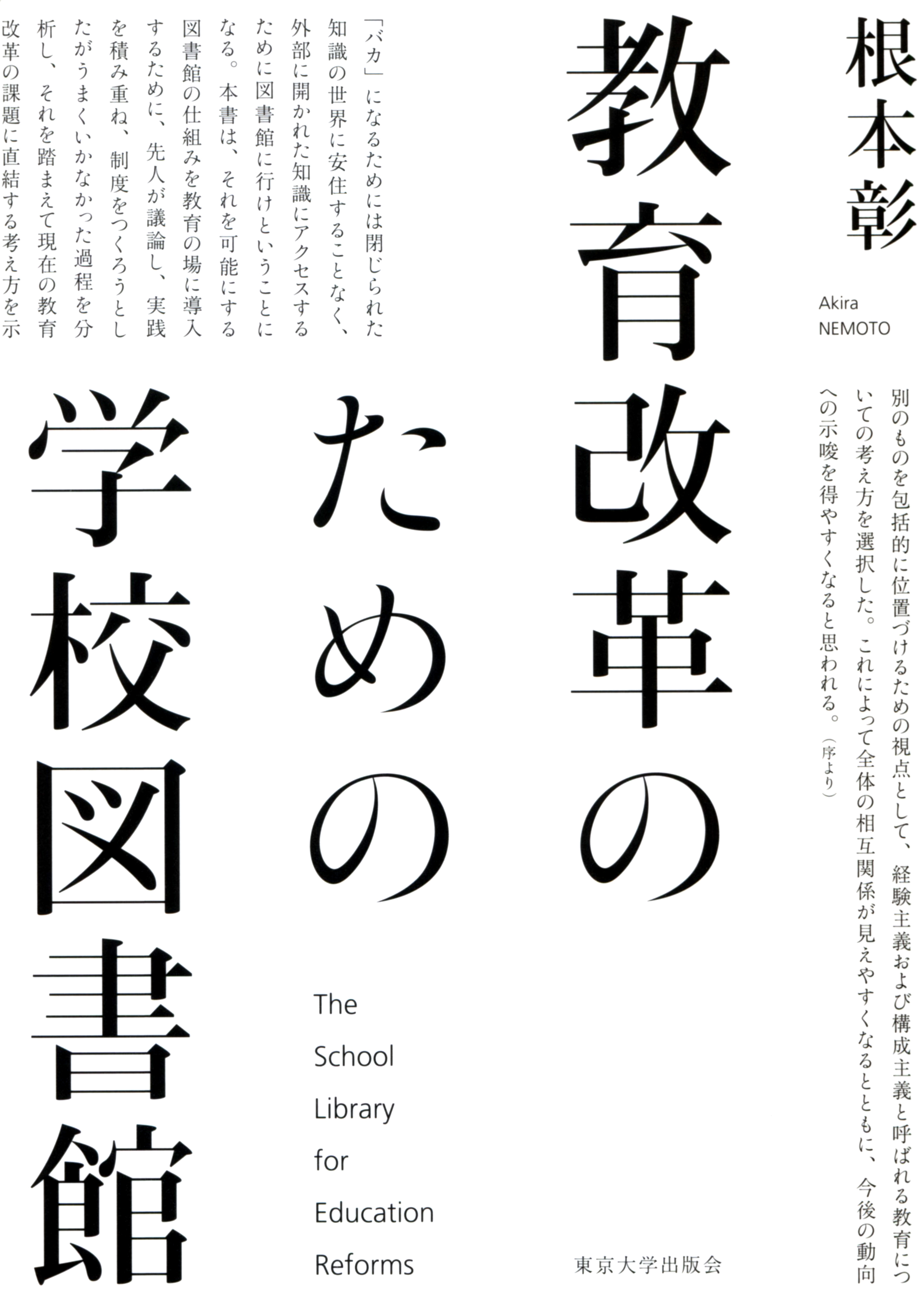日本も他国と同様に、国の教育政策は学校で簡単に実施できるものではない。むしろ、教師は政策を理解し、実践に実行する。日本の文脈では、国レベルによる政策は、一度公表されると、現場の実践者による方針伝播作業よって媒介されていると長い間示唆されてきた。しかし、現代の日本において、国家の政策と学校における実践の間に生じるこれらのプロセスについては、ほとんど知られていない。
このような問題は、2001年代以降、より差し迫ったものになっている。日本の行政改革と選挙改革により、中央政府、特に首相官邸は、「派閥」の党内論争を気にせずに教育政策を策定できるようになった。同時に、野党や労働組合の衰退が続き、政策決定が流動的になった。これまでの研究はこの再編を通じて、文部科学省が中央政府と地方政府の両方に対して影響力を低下させたことを示唆しているが、新しい政策決定プロセスにおける文部科学省の位置付けは十分に研究されていない。さらに、一つの例外を除いて、最後の物議を醸したカリキュラム改革が中央政府の下で議論がなされてから何十年もが経過している。かつて教師は、組織的で、イデオロギーに駆り立てられており、反政府的だと言われてきた。しかし、ここ数十年、これらの妥当性を検証する機会はほとんどなく、カリキュラム政策に関係する教師や学校管理職の立場を再考する時が来ている。
このような新たな政策立案の文脈の中で、道徳教育は、1958年に日本の学習指導要領に (再) 導入されて以来、大きな変革を遂げた。安倍政権が中心となって実施した一連の国づくり政策の一環として、議論の多い2006年の教育基本法改正に続いて、ハイレベルな政策は道徳教育を「強化」した。その改革は左派寄りの報道機関や学術界から批判を受け、彼らは政府が国家統制主義的な夢を追求するために個人の権利と民主主義を従属させたと非難した。教師や教育者は、道徳教育の強化はナショナリズムによって動機づけられていると認識していた。しかし、教師からの強い反応はほとんど表面化されなかった。このことが、より自律性の低い教員集団を意味するのか、カリキュラムに対する同意なのか、黙認なのか、それとも不快な側面を改善する現場の関係者の能力に対する信頼なのかは不明である。道徳教育に関する現在の研究は、実践の問題についてはほとんど沈黙しており、政策文書に頼っている。このアプローチは、ポリシーが意図したとおりに実施されるという暗黙の仮定に基づいている。他の文脈で開発された教育行政論は、この仮定に対して警鐘を鳴らしている。
本研究は、2015年の道徳教育の改革を対象として、政府中枢や文部科学省における政策形成から、地方政府や学校における政策の実施に至るまでの軌跡を追う。そして、文書化された政策、カリキュラム、教科書を超えたものに注目し、教師、学校管理職、その他の関係者がポリシーを実践にどのように変換するのかを調べる。同時に本研究は、日本の学校における道徳教育の実践について、初めて体系的に検討した研究である。道徳教育の実践に関心のある読者は、その複雑さとその政策への関係性について新しい視点を見つけることができるであろう。
さらに重要なことに、道徳教育の事例は、日本における教育政策の制定のミクロプロセスに光を当てており、つまり新たな政策の発表以前および以後の双方のタイミングで改革がどのように行われたかを明らかにした。この事例は、長い政治的歴史に起因するカリキュラム改革、それが策定されたプロセス、および政策の内容を検討するために、カリキュラム改革の制定を検討するための生成ウインドウを提供する。
本書は、(1) 国レベルの政策の意図に関連して道徳教育の実践がどのように変化してきたか、(2) 日本の教師と学校管理者が地域の文脈で道徳教育改革をどのように理解し実施しているか、(3) カリキュラム政策を実践に移すために他のどのような関係者が関与し、どのように機能するのか、(4) 日本の教育システムに関連して、政策制定のプロセスを理解することの意味合い、の4点について検討する。本研究は、政策と実践の間のギャップの一部を埋め、見過ごされがちな関係者の貢献および、彼らの間の相互作用を明らかにしている。本書は、道徳教育改革の事例を通じて、国家の政策立案と学校における実践の間で政策がどのように制定されるのかを全体的に説明することを目的としている。
(紹介文執筆者: グローバル教育センター 講師 サム・バンキン / 2024)
本の目次
1. History, Politics and the Changing Policymaking Processes
2. The Disjoint Between Research on Policy and Research on Practice
3. Policy Evolution Through the Ministry
4. Making Textbooks for a 'New' Subject
5. Constructing a Baseline on Classroom Practice
6. Making Sense of Curriculum Content in the School
7. Enacting Pedagogy in the school
8. Translating Policy in(to) the School
9. Policy Enactment in Japan
関連情報
https://doi.org/10.4324/9781003125471
書評:
"With a lengthy history of controversy within Japanese education, moral education was elevated to the status of a 'special subject' in March 2015. The author delves into not just the policymaking behind this change, but also its enactment at the local and school levels. The investigation reveals a multitude of noteworthy discoveries, foremost among them being the pivotal roles played by 'expert practitioners' owing to their well-versed understanding of the domain. Undoubtedly, this book stands as a commendable contribution to research on education policy and the study of moral education in the Japanese context."
―― 勝野正章 (東京大学 大学院教育学研究科長)
"Sam Bamkin’s historically-informed ethnography gives the lie to some of the recent rather over-excited commentary about the introduction of a new – often described as ‘nationalistic’ - moral education curriculum in Japan. By skilfully delineating the multiple levels involved in implementing the new curriculum – from the Prime Minister to the classroom teacher – and demonstrating the multiple positions taken by actors within each level, he has begun to develop a new ‘theory of enactment’ which provides a very useful model for other areas of policymaking not just in Japan but elsewhere."
――Roger Goodman (Nissan Professor of Japanese Studies, University of Oxford)
"Moral education in Japan attracts feverish attention across the political spectrum. Sam Bamkin's outstandingly researched book sheds much-needed light on its realities, from policy to classroom practice."
――Peter Cave (Senior Lecturer in Japanese Studies, University of Manchester)
"This book aims to reframe the educational reform concerning moral education in Japan. Instead of viewing it as a one-way execution of policies from the central government to schools, it portrays it as an interactive process involving various actors, including school teachers, the board of education, and moral education experts. Through Bamkin's meticulous examination of this interactive process, we can rediscover that school teachers are not mere executors of policies from the central government but creative agents who generate diverse educational practices based on new values in their interactions with children and colleagues."
――加藤 弘通 (北海道大学 大学院教育学研究院 准教授)
講演:
現代日本研究センター ブックトークシリーズ (東京大学現代日本研究センター 2024年2月1日)
https://www.u-tokyo.ac.jp/focus/ja/events/z0707_00057.html
関連動画:
Introduction to School Education in Japan/Asst. Prof. Sam BAMKIN [UTokyo GUC 2025] (UTokyo Global Unit Course | YouTube 2025年2月13日)
https://www.youtube.com/watch?v=V5Hqn7TWoKE



 書籍検索
書籍検索



 eBook
eBook

